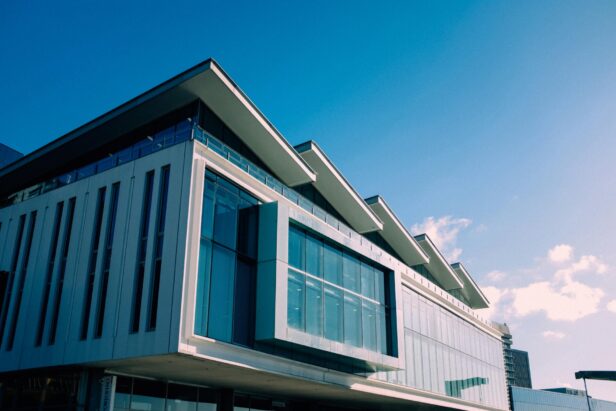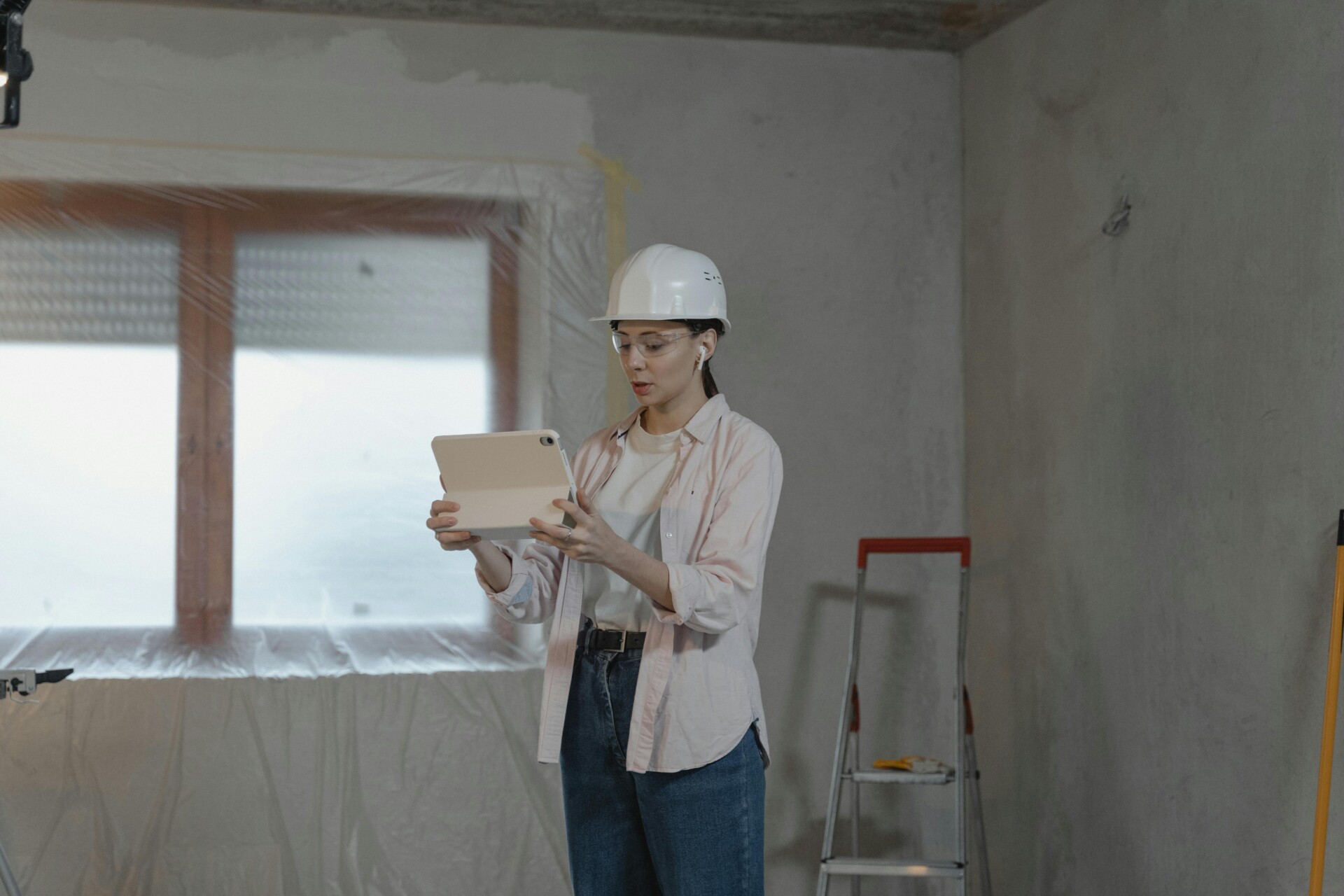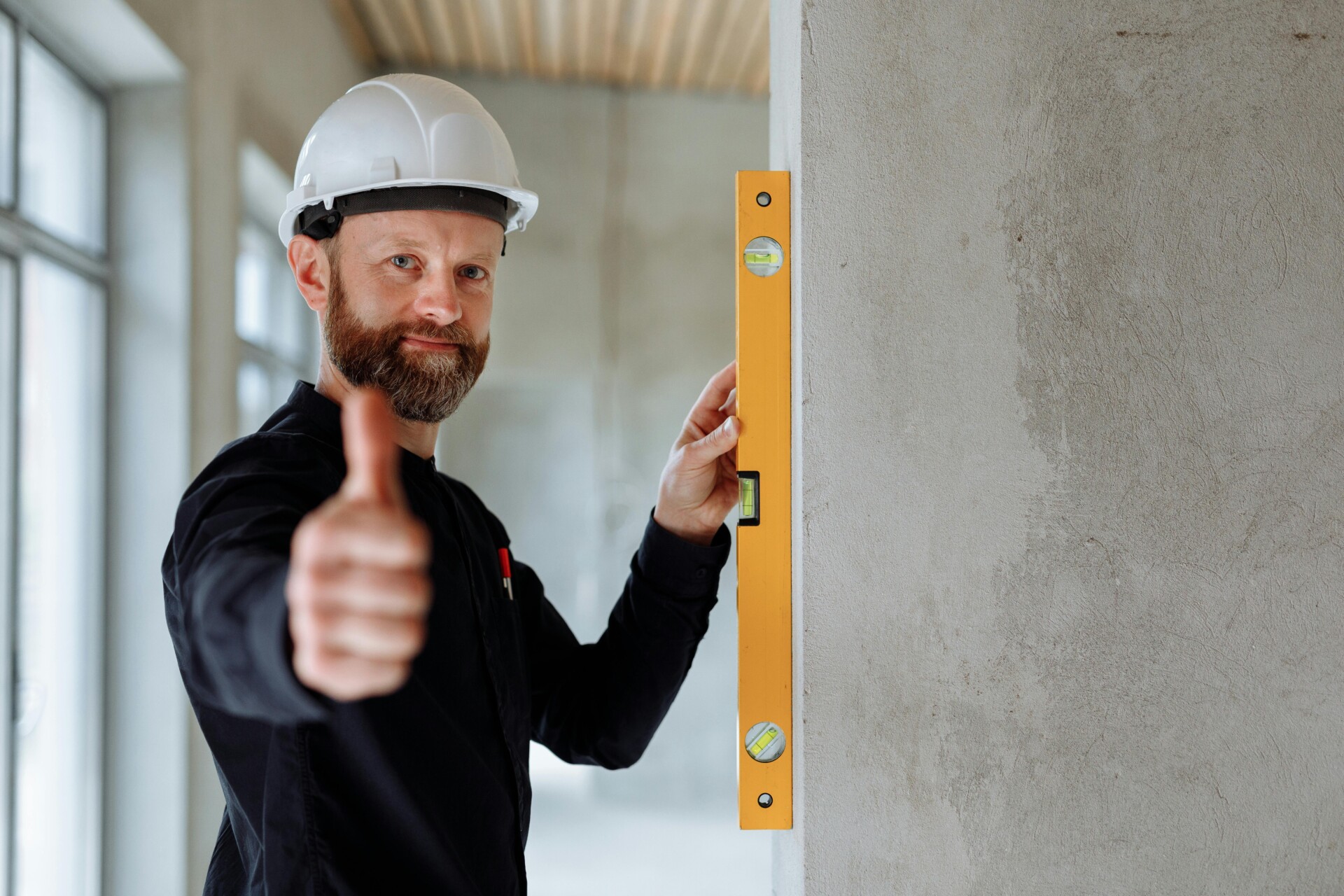Every commercial building tells a story. For many Texas business properties, that story includes outdated layouts, inefficient systems, and spaces that no longer meet modern operational needs. Commercial building remodeling turns these challenges into opportunities, revitalizing existing structures while maintaining their foundational integrity.
We approach commercial remodeling projects with careful attention to the diverse needs of Texas businesses. Our process begins by evaluating existing structures and identifying how renovations can improve functionality, energy efficiency, and aesthetic appeal. From Dallas office conversions to Austin retail overhauls, we manage every phase of transformation—from initial demolition through final inspections.
The Texas commercial construction landscape requires contractors who understand the state’s unique regulatory environment, climate considerations, and regional building practices. Our team handles these complexities while delivering the craftsmanship and innovative solutions that developers and property owners throughout the Lone Star State expect when revitalizing their commercial assets.
What Permits Are Required for Commercial Remodeling in Texas?
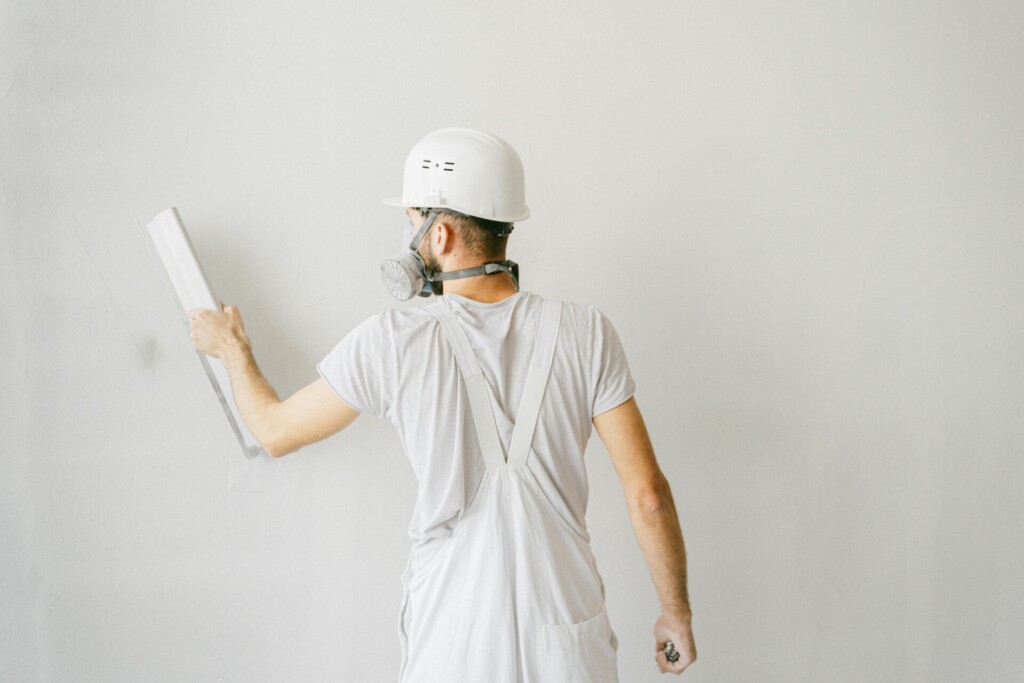
Commercial remodeling in Texas requires navigating a complex network of permits before beginning your project. As experienced contractors, we understand that permit compliance is not merely bureaucracy—it is essential protection for property owners against costly code violations and safety hazards.
Core Building Permits
At the foundation of every commercial remodel is the basic building permit. Our team secures these through municipal permit departments, which review plans to ensure compliance with the International Building Code—Texas’s adopted standard for commercial construction. The scope of your project determines the complexity of this permit process.
For projects exceeding $50,000 in value, we coordinate registration with the Texas Department of Licensing and Regulation (TDLR) for Architectural Barriers compliance. This step is not optional—it is a legal requirement we handle as part of our comprehensive permit management approach.
Our team also navigates the specialized permits beyond the general building permit. These include electrical permits (governed by the National Electrical Code), mechanical permits for HVAC modifications, and plumbing permits for any fixture additions or relocations—all critical components in commercial spaces.
Documentation Requirements
The permitting process demands precise documentation. We prepare and submit complete construction drawings sealed by Texas-registered professionals—architects, engineers, or interior designers as applicable under state regulations. This typically includes detailed site plans, floor plans, structural elements, mechanical schematics, electrical layouts, and plumbing riser diagrams.
For many Texas municipalities, energy compliance documentation is mandatory. We develop and submit ComCheck analyses demonstrating that your remodel meets current energy efficiency standards, preventing delays that impact your timeline and budget.
Additionally, we coordinate special review requirements, particularly for projects involving changes to load-bearing structures or building occupancy classifications. These often trigger more rigorous examination by city officials before permits are issued.
| Project Type | Permit Required | Additional Requirements |
|---|---|---|
| New Commercial Developments | Commercial Property Permit | Specific business must be known |
| Foundation Only | Foundation-Only Permit | Applicable to both commercial and multifamily properties |
| Commercial Remodeling | Commercial Remodeling Permit | Extensive interior or exterior changes |
| Multifamily Construction | Multifamily Permit | Includes apartments, condos, and hotels |
| Residential Construction | Residential Permit | Single-family homes and similar properties |
| Trade Work | Trade Permit | Mechanical, electrical, or plumbing work |
Health and Safety Compliance
Commercial remodels in Texas face stringent health and safety requirements that vary by project type. For nearly all commercial renovations, we conduct and document an asbestos survey before permit submission—a step mandated by the Texas Department of State Health Services. This typically requires a 10-working-day notice period before work can commence.
For food establishment remodels, we coordinate with local health departments, which often require additional documentation and specialized permit applications. Similarly, when your project involves fire safety systems, we engage directly with municipal fire departments to ensure sprinkler systems and other fire protection measures meet current codes.
Our experience with local code enforcement means we anticipate these requirements—not just the obvious building permit, but the full spectrum of approvals needed for your specific commercial space and intended use.
How Does the Commercial Building Permit Application Process Work?
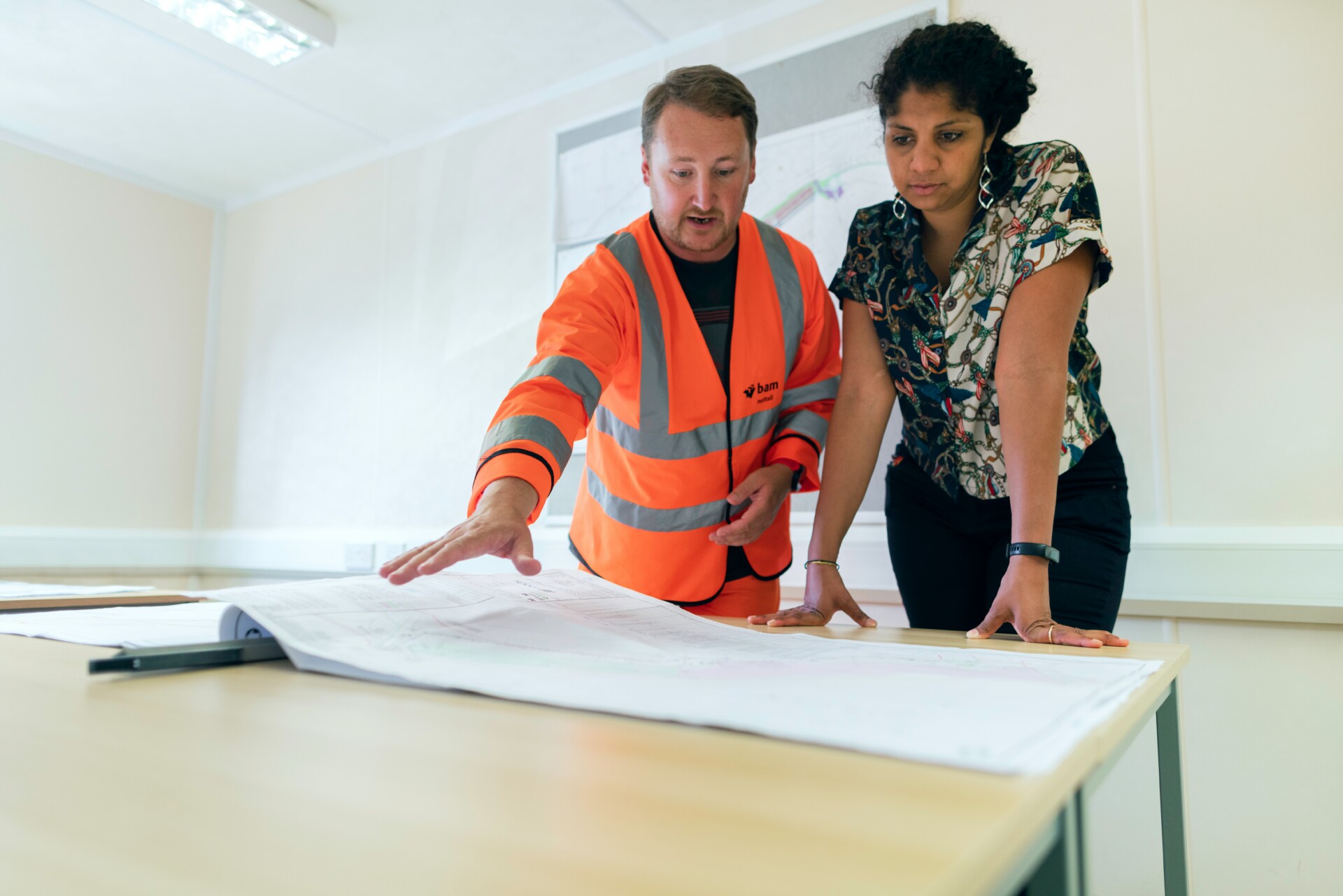
The commercial building permit application process in Texas requires thorough preparation and strategic navigation through municipal requirements. We regularly guide developers and property owners through these procedures to ensure compliance while maintaining project momentum. Recent legislation, including House Bill 14 enacted in September 2023, has significantly impacted timelines by requiring cities to review commercial building permits within 45 days for applications submitted after the implementation date.
Documentation Requirements
When preparing permit applications for our clients, we compile several critical documents that form the foundation of a successful submission. Every municipality requires certified copies of property restrictions, amendments, and legal documents affecting land use. For properties within established subdivisions, we confirm whether plats and restrictions are already on file with the permit department, potentially streamlining the documentation process.
The specifics of required documentation vary by jurisdiction, but typically include detailed construction plans, site plans, engineering calculations, and proof of compliance with local building codes. In Dallas alone, officials processed approximately 4,500 commercial development permit requests in 2022, highlighting the volume of projects navigating this system across the state.
Municipal Review Timelines
Under Texas law, municipalities must respond to permit applications within established timeframes. The standard period is 45 days to grant, deny, or provide notice about the application status. This response window begins once a complete application package is submitted. We’ve observed significant variations in actual processing times, with some smaller cities completing reviews in 5-7 business days while larger municipalities or more complex projects often require the full 45-day period.
The review duration typically depends on several factors, including project complexity, current municipal workload, and the completeness of submitted documentation. For cities like Fate, Texas, new construction projects generally undergo a three-week review process from the date of complete submittal, while alterations are typically processed within 10 business days.
Consequences of Delayed Reviews
When municipalities fail to meet mandated review deadlines, Senate Bill 509 established consequences that include potential forfeiture of permit fees. Additionally, the new legislation gives builders the option to hire third-party reviewers to complete the process if municipal review isn’t completed by day 46. This legislative change aims to prevent costly delays that can significantly impact project timelines and budgets.
We help our clients navigate these provisions by maintaining detailed documentation of submission dates and review periods to enforce these rights when necessary. The challenge with third-party review options remains the current lack of established vetting programs for potential reviewers, requiring careful selection of properly licensed and insured professionals.
| City | Permit Type | Review Time (Business Days) |
| Boerne | Site Development Permit | 35 |
| Boerne | New Construction – No Site Development | 21 |
| Dallas | Commercial Development Permit | 12 |
| Austin | New Construction | 25 |
| Austin | Remodel | 15 |
| Austin | Quick Turnaround | 7 |
| Fate | New Construction | 15 |
| Fate | Alterations | 10 |
Special Considerations and Streamlined Options
For certain project types, we pursue expedited review paths when available. Many Texas municipalities offer accelerated review options for smaller commercial remodels or specific project categories. For example, the City of Austin provides Quick Turn-Around reviews for eligible small commercial finish-outs, typically processing these within one business day rather than the standard review cycle.
We also coordinate concurrent reviews when appropriate, allowing subdivision, site plan, and commercial building plan reviews to proceed simultaneously rather than sequentially. This approach can significantly compress the overall permitting timeline when properly managed. For projects involving historic structures (45+ years old), we proactively address additional requirements, such as historic preservation reviews that may apply to demolition or renovation permits.
What Are the Building Codes and Standards for Commercial Remodels?
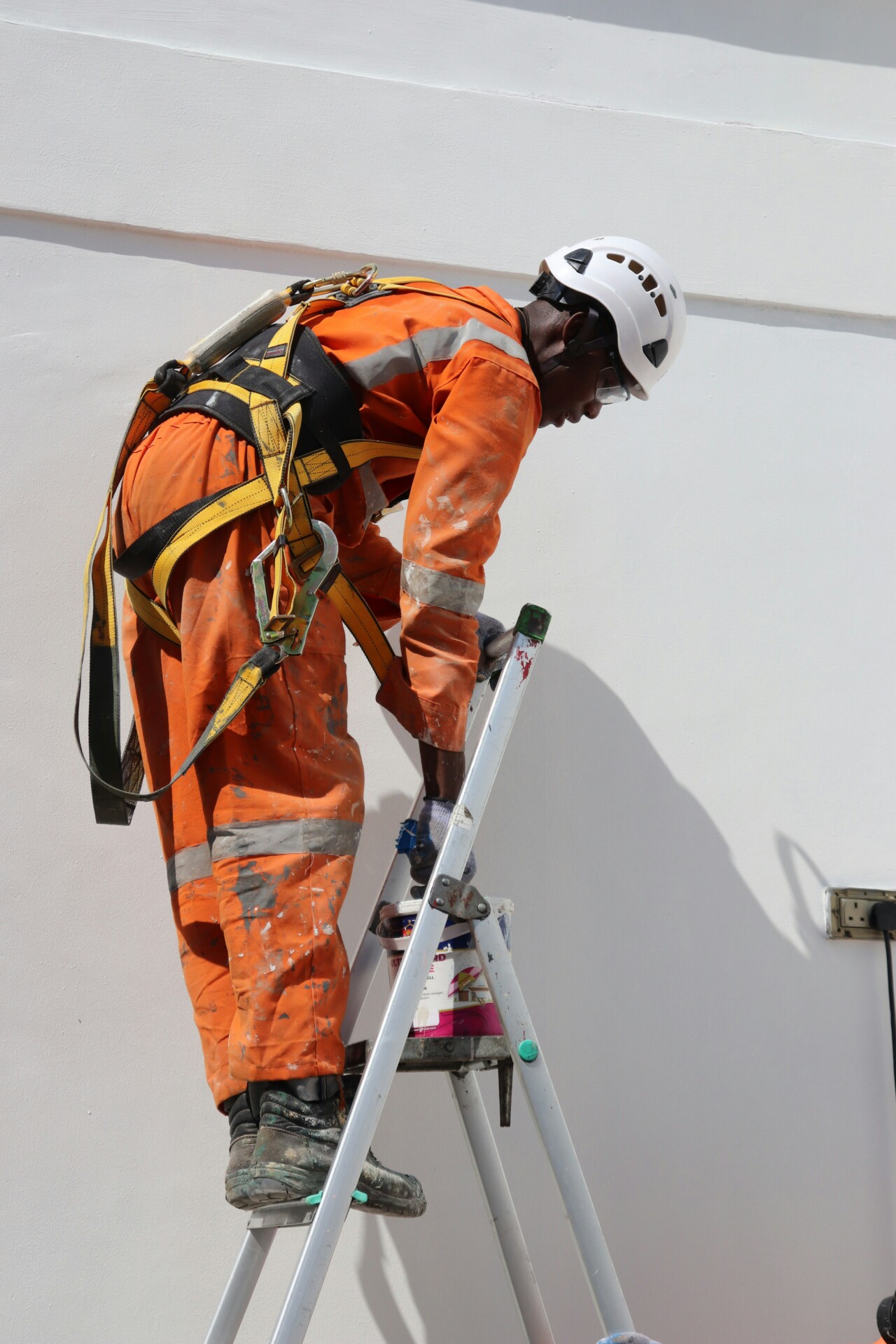
Understanding the regulatory environment is a crucial first step in any commercial remodeling project. As general contractors, we regularly assist developers and property owners in navigating Texas’ building code requirements to ensure every project not only meets their vision but also fully complies with all applicable regulations.
Commercial remodeling projects in Texas must adhere to the International Building Code (IBC) as it existed on May 1, 2023, representing the latest update to the state’s commercial building code standards. This comprehensive code governs all commercial construction activities—including alterations, remodeling, enlargements, and repairs—setting the baseline for structural integrity, occupant safety, and building functionality throughout the state.
Key Code Requirements for Commercial Remodels
When undertaking commercial remodels, several code components require particular attention. The National Electrical Code applies to all commercial buildings for which construction begins on or after January 1, 2024, along with any alteration, remodeling, enlargement, or repair of these structures. This update from the previous 2006 regulation introduces enhanced safety standards for electrical systems.
Beyond electrical requirements, we ensure compliance with the International Energy Conservation Code for improved efficiency in all systems. Texas Senate Bill 674 has updated numerous code references, marking the first comprehensive code refresh in over a decade for many jurisdictions. These changes reflect industry advancements in building science, safety protocols, and environmental considerations.
Local Code Variations and Enforcement
While state codes establish minimum requirements, Texas operates as a home rule state. This means individual municipalities have significant authority to adopt and enforce their own building codes, which may include more stringent requirements than state minimums. Houston, Dallas, Fort Worth, and other major cities maintain their own specific amendments to the base codes.
For example, in Houston, we must comply with special provisions for structures on Lake Houston, while Dallas has unique requirements for high-rise building systems, including specialized smoke and heat detection devices for recirculating air systems. These local variations can significantly impact project design, material selection, and construction methods.
| Year | Event | Code Edition |
|---|---|---|
| 2001 | Adoption of IRC and NEC for residential construction | IRC, NEC |
| 2006 | IBC adopted for commercial and multi-family construction | IBC as of May 1, 2012 |
| 2021 | Update to 2012 edition of IBC and IRC | IBC 2012, IRC 2012 |
| 2023 | Update to IBC as of May 1, 2023 | IBC |
Compliance and Permitting Process
Securing proper permits is a critical phase in our commercial remodeling process. Most jurisdictions require permits for commercial remodels before work begins, with specific documentation requirements varying by municipality. We typically prepare detailed plans showing compliance with relevant codes, including architectural, structural, electrical, mechanical, and plumbing components.
The permitting process often includes plan review by local building officials, who examine submissions for code compliance before approving construction. Many jurisdictions have implemented electronic plan submission systems to streamline this process, though timelines can still vary significantly from a few weeks to several months depending on project complexity and local department workloads.
Special Considerations for Specific Spaces
Commercial remodels often involve specialized spaces that trigger additional code requirements. Restaurant renovations must address health department regulations alongside building codes, particularly for kitchen layouts, ventilation systems, and restroom facilities. Healthcare facility remodels involve stringent infection control measures, accessibility standards, and specialized mechanical systems requirements.
Retail and office remodels may trigger occupancy recalculations, potentially affecting required egress paths, restroom fixture counts, and fire protection systems. We coordinate these requirements early in the design process to avoid costly revisions during construction. For historic buildings, additional preservation guidelines may apply, requiring specialized approaches to maintain character while achieving code compliance.
Understanding and implementing these building codes and standards is fundamental to our approach at EB3 Construction. We navigate these requirements not as obstacles but as essential guidelines that ensure the safety, functionality, and longevity of every commercial remodel we undertake.
What Professional Services Should You Consider for Commercial Remodeling?

Commercial remodeling projects in Texas demand expert oversight, technical precision, and a deep understanding of regulatory and operational requirements. As experienced general contractors, EB3 Construction delivers these capabilities directly—offering clients a single, accountable team equipped to manage every aspect of their commercial renovation from concept through completion.
Integrated Expertise Within One Team
At EB3 Construction, we lead the remodeling process with hands-on involvement from our licensed professionals. Our in-house team and trusted long-term partners bring together the full spectrum of specialized skills required for successful commercial renovations:
- Architectural Planning: Our design professionals develop practical, buildable plans that align with business goals while maximizing code compliance and functional space use.
- Structural and MEP Engineering: We directly oversee all structural, mechanical, electrical, and plumbing systems, ensuring integration across disciplines and strict adherence to Texas building codes.
- Code Compliance and Permitting: Our team navigates municipal regulations and handles permitting in-house, backed by years of experience with city-specific requirements across Texas.
Project Management That Reduces Risk
Our project management team operates with a boots-on-the-ground approach, overseeing every detail of construction execution. From scheduling and logistics to quality assurance and safety, we maintain control of the process to avoid common pitfalls and ensure predictable outcomes.
We also proactively adapt to environmental and seasonal challenges—like extreme Texas heat—by adjusting work schedules, materials handling, and site operations without compromising quality or timeline.
Specialized Compliance Services
EB3 Construction also provides advanced technical services increasingly essential to modern remodels. This includes energy code analysis, accessibility compliance reviews under the Texas Accessibility Standards (TAS) and ADA, and support for health and safety planning in regulated spaces such as restaurants or healthcare facilities.
The EB3 Advantage
Choosing EB3 means working with a contractor that brings together the planning, execution, and compliance oversight needed for commercial remodeling under one roof. Our deep experience in the Texas market gives clients a trusted partner who understands local regulations, responds quickly to project challenges, and delivers results that stand the test of time.
Conclusion: Planning Your Commercial Building Remodel in Texas

Handling the complexities of commercial remodeling in Texas requires more than just a design vision—it demands strategic planning and regulatory knowledge. As discussed throughout this article, a successful commercial renovation depends on understanding the permit landscape, recognizing code requirements, and partnering with professionals familiar with Texas construction regulations.
Proper planning helps avoid costly surprises and keeps projects on track. We’ve seen how minor oversights in the permitting process can lead to significant delays, particularly in high-demand areas facing permit backlogs. By incorporating realistic timelines for regulatory approvals from the start, we set practical expectations and allow for the inevitable adjustments during complex commercial projects. Our approach emphasizes early compliance work, as investing time in thorough documentation and code research before breaking ground pays off throughout the construction phase.
Ready to transform your commercial space with a compliant, professionally managed remodeling project? Contact EB3 Construction to discuss your renovation goals and discover how our expertise can guide your project from concept to completion.

